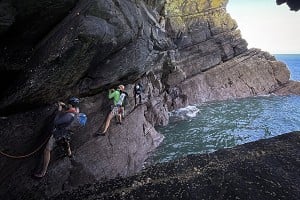
Aspirant British Mountain guide Polly Harmer describes her journey through the British Mountain Guide scheme, the physical and mental challenges that qualifying in this career can involve and some tips for getting started...
When I was asked to pen an article on attracting more women to the British Mountain Guide scheme, or 'the BMG from a female perspective', I thought 'Really?!?' Given the distinct lack of British female mountain guides, I knew it would require the BMG to be introspective about the less flattering aspects of its male-dominated history and culture. But as a current Aspirant guide, and a woman, this wider participation drive and the reasons behind it are hugely important to me.
The British Association of Mountain Guides (BMG) is the UK association for professionally trained Mountain Guides. It was formed in 1975 as an autonomous body to develop and enhance the training, skills - and reputation - of the increasing number of individuals operating as skiing, mountaineering and climbing guides. The BMG is part of the International Federation of Mountain Guides Associations, which regulates the Mountain Guiding profession on a global scale. Since its founding, the BMG has trained and certified 225 people, only 11 of whom have been women.
The BMG runs a training scheme which qualifies people to work internationally as a mountain guide. There is a list of prerequisites to enter the training scheme, which includes 50+ multi pitch climbs above E1 5b, 50+ Scottish winter routes (the majority of which must be above V, 5), 5 significant 'Grande Faces' in the Alps (routes which are at least 800m long and TD+) plus several multi-day ski tours. The reason for this is that you need to already be an experienced mountaineer before you start to professionalise your craft through the training scheme. The training then takes roughly 3 years, involving a variety of courses, assessments and the requirement to engage in supervised work under experienced guides.
Working from the figures above, women make up only 4.8% of all BMG certified guides since 1975. Yet there are a lot of British women who climb really hard trad and winter routes and a lot of British women who operate at a high level in the Alps. There are many women who love the mountains and who enjoy outdoorsy lives shaped by beautiful, awe-inspiring, wild and very adventurous climbs. A fair number of women in the UK also do these activities as part of their job; as Summer and Winter Mountaineering and Climbing Instructors, outdoor instructors and guides on serious Himalayan peaks.
There are many reasons why anyone would choose not to continue training and complete the BMG scheme. Generally these might include the expense, the considerable time and energy required when weighed up against the demands of other aspects of life or a lack of desire to work in the Alps. There are also a range of gender-based societal stereotypes and expectations which could put women off pursuing a job which is dangerous, highly physical and involves a lot of travel away from home.
But this doesn't explain the inequality between the high numbers of women who climb, mountaineer or work as mountain professionals at other levels of qualification and the low number of women going through the BMG scheme. The job of a mountain guide requires good communication skills, a clear perspective on risk, care, and creativity - characteristics that gender stereotypes would traditionally attach to women.
With these figures, experiences and ideas in mind, let's have a look at what a woman's impression of the BMG might be and how welcoming it is to women.
The association has an external image of being masculine and perhaps a tad egotistical. A lot of the research into gender disparities in career progression shows that women rely on a certain level of competence to put themselves forward for a task, role or assessment, whereas men will more readily rely purely on confidence.
I have heard accounts from women who feel that they have been treated unfairly coming into and going through the training to become part of this organisation. One female British Mountain Guide once told me: 'Don't do it Polly, it's not worth it.' No wonder it hasn't attracted many women to undertake the training scheme, I thought. I feared that I might not fit in.
I didn't know many Mountain Guides personally before starting the scheme, but a friend of mine went through it just before me. Although he wouldn't say it himself, he's a complete weapon in the mountains; after no training and eating ice cream for months, he can get off the couch and climb 7c and bash out impromptu night-time alpine ascents and fly off summits. This added to my perception that to be a Mountain Guide, you need to be a complete superhero. From the outside looking in, it looked intimidating and like a club I wouldn't be able to be - or want to be - part of.
Yet as a qualification, it sounded cool to be able add wild adventurous alpine climbing and ski touring to the work I was already doing. Mountain guiding is essentially about taking people up and down mountains. Skiing, rock climbing, mountaineering, walking, ice climbing, sharing time in awe inspiring places — this is the stuff I love to do personally and professionally. I was also hopeful that everything I already knew about outdoor education and taking people to wild places would apply; that all you need to do is be skilled enough in your craft, safe and considerate of those in your care. So, I decided to give it a bash.
The start of my training was disrupted by the Covid-19 outbreak. I undertook the induction year and I started to meet and connect with others who were Mountain Guides or in training and it felt supportive and welcoming. I got to know some female guides who were qualified or further down the line in training and found that these were awesome, wild women but mostly just nice, funny humans. The scheme slowly took hold of me.
Having already gained the Summer Mountaineering and Climbing Instructor Award, I found the summer rock section of the scheme to be fun and developmental. It helped me to smarten up my professional act, gain confidence in guiding clients up harder rock climbs and revisit rescues and short roping skills which might have become a tad rusty. I had an awesome summer in North Wales.
Then the cold, wild beast of Scottish winter could be heard roaring from somewhere far north, so I headed up to Fort William for the winter training. I'm not going to lie: I found the Scottish winter training course pretty hard, both mentally and physically. Five days on big Ben Nevis just after recovering from Covid-19, I didn't feel like I should be there. I didn't have any experience of working in winter in Scotland and it felt intimidating to look after people in the threatening conditions. I cried before the course in fear of not being good enough. I had a little exhaustion sob while walking off on the last day and afterwards when driving home, I cried with relief.
On the training course I went to sleep at 8 p.m. every night and made mistakes which made me question if I'd ever actually been in that environment before. But I turned up every day and learnt more than I've ever learnt in the mountains in one week. When I cried it was totally OK, I just dried my eyes with a snotty, soggy glove and got a kind pat on the back. My classmates were funny, encouraging and open about their own fears. The trainers were nothing but excellent; supportive, patient, kind, thorough and fun.
I've trained in the scheme for over two years now. It's been a testing, challenging, fun and rewarding experience so far. As I go through the scheme I can feel that I'm honing a massive array of skills: working with people, having a good understanding of mountain risks and opportunities, climbing, skiing, planning and lots more technical skills. On days like the one when I guided two 19-year-old lads up Point Five Gully - where I use all these skills in combination - it feels like this might be a really flipping awesome career move.
I'm not trying to dispel myths that the BMG has a slightly hyper masculine image and hasn't been as welcoming to women as it should have been in the past, I'm just saying that the BMG is looking to grow. It's trying to up its professionalism, become more diverse and grow both its culture and its new members. The BMG is looking at itself and considering how it can be more attractive to all.
It feels to me like it's good timing to be a woman going through this training scheme. I'm grateful to those who have paved the way in front of me and thankful that I've been able to look at a few women doing the job in style and feel inspired. My hope is that there will be more women coming through the training soon so that we can work together, drink pink Prosecco at mountain huts and continue making the British Mountain Guiding landscape ever more colourful.
As a call-out to encourage any women who are looking towards undertaking this training now or in future, I thought some top tips could be handy:
Do this for yourself and your future clients! Don't worry about whether you're worthy or what anyone else will think. Don't worry about your face not fitting - there is space for everyone (who meets the standard skill levels) at the BMG table.
Get on with it. A guiding career is a little easier if you're young and fit without too many commitments. I can imagine it might be a bit tricky to go through the training with kids, however a good few men have done this and mums have done the training schemes with the French and Swiss organisations, so it's definitely not impossible.
Get your friends involved. Friendship and the bond of the rope make most climbing memories and moments. The mates you climb with and the time you enjoy with them helps you to complete the entry requirements to begin training. There's no way I would have done so much climbing if it weren't for meeting the amazing women and men I've shared time with on sea cliffs, mountain faces and bivi ledges. Find climbing partners who you love and support each other to develop in your mountain-climbing ways.
Live in the places that give you the schooling you need before starting the training. For example, summers in North Wales or the Alps, winters in Scotland. This means you will be able to make more serious progress than is possible if you only visit these places for short trips. In the meantime, you can pick up work doing things like working as an outdoor instructor, labouring, babysitting or whichever crazy tasks people will give you money for.
Don't put too much pressure on yourself to become a guide. Many people enjoy the journey of 'collecting' the pre-requirements and then their situation changes and they don't undertake the training, but few will regret the places this has taken them.
Polly has passed the Scottish Winter exam and trained in the Alps as an Aspirant Guide and alongside French Aspirant Guides as part of an exchange. She has two exams remaining (the Ski Exam and Alpine Exam) but hopes to qualify in the Autumn of 2023.
Read more about how to become a British Mountain Guide on the BMG website.
Visit Polly's website.
Watch videos about joining the scheme below:

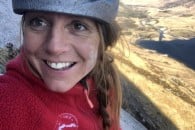

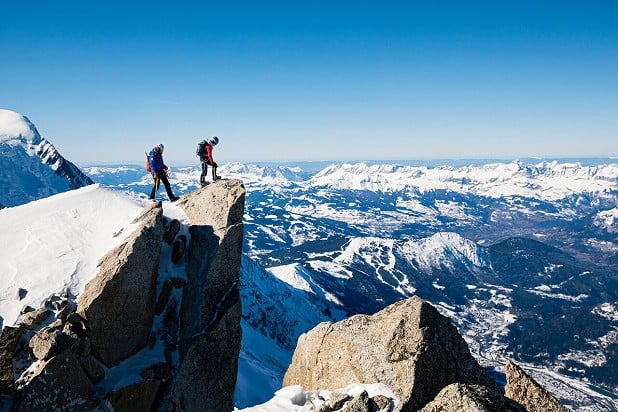
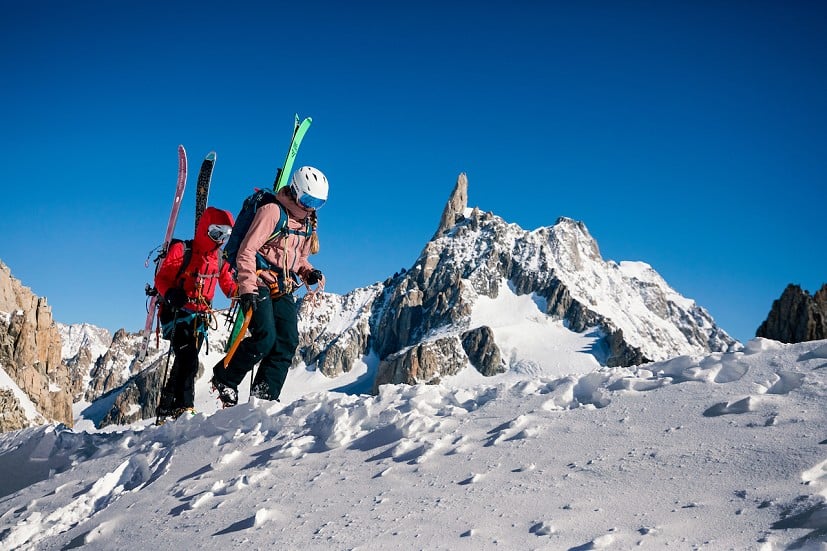
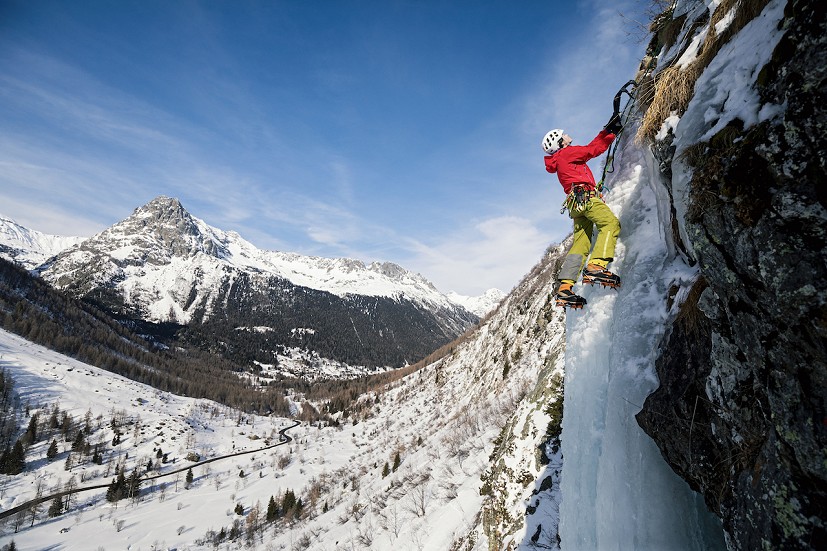
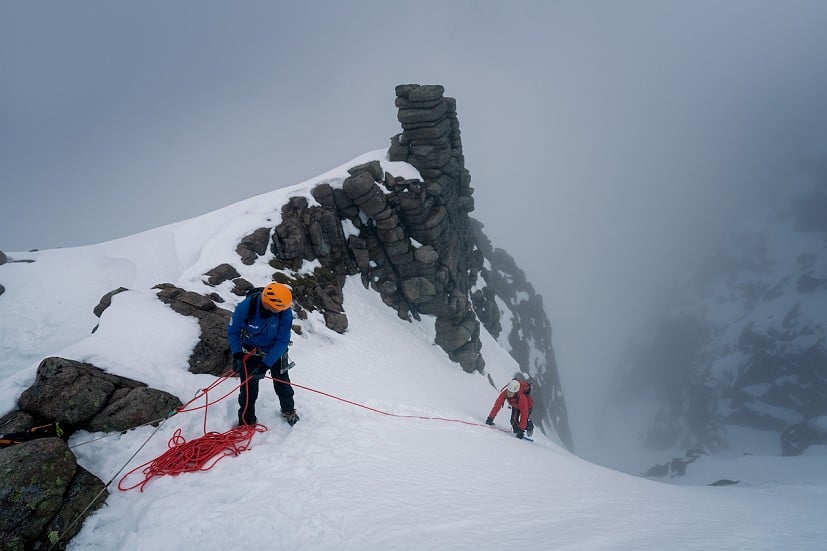
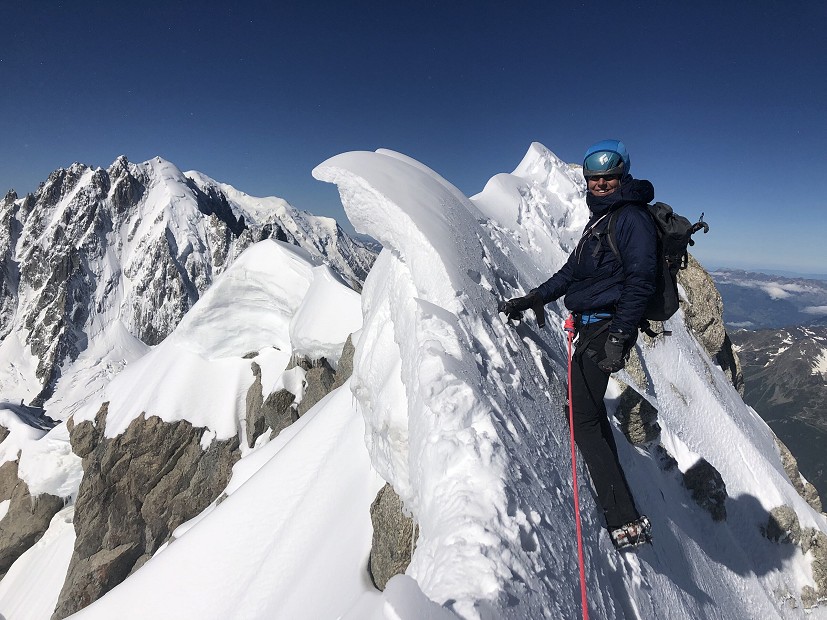

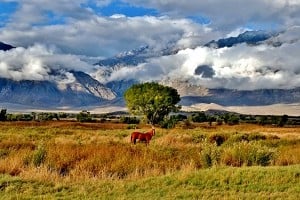
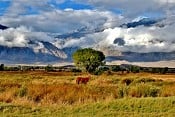
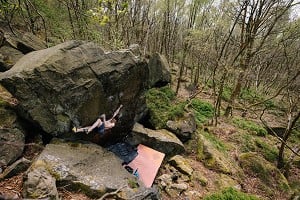
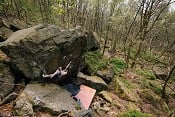


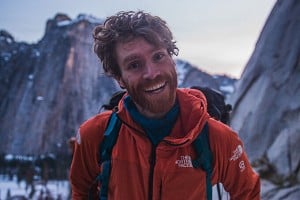
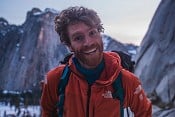




Comments
"I knew it would require the BMG to be introspective about the less flattering aspects of its male-dominated history and culture."
Come on, dish the dirt on the BMG Polly!
Nice article Polly. If I had seen this at 21, and met you then, perhaps I’d have gone off collecting those prerequisites too.
Absolutely amazing article Pol, you are my inspiration ❤ 💪😁
Good Luck, Polly!
Great article. Well-written and with good perspectives.